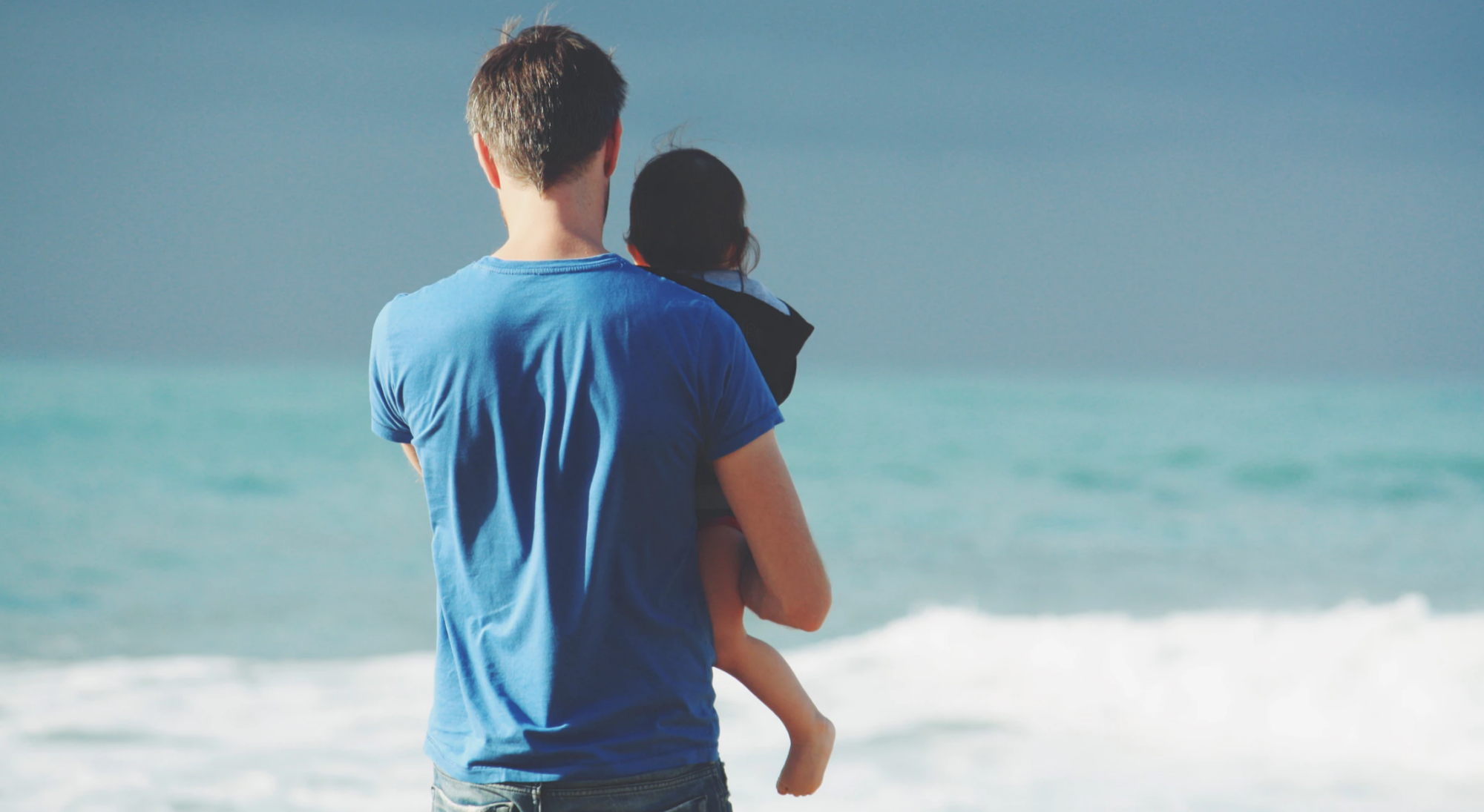Imagine your boss tells you that you need to go to a networking event. What is your first emotional response? For many people they may not want to go, but they would make it work. Some would be excited. For about 18% of the population, it would probably trigger their anxiety. According to the Anxiety and Depressions Association of America, about one out of five adults experience anxiety.
Before we dive into how to make improvements in anxiety, we should discuss what’s normal or expected and what falls outside of the average.
What is anxiety?
When someone suffers from anxiety, it impacts various areas of their life. Yes, we all experience anxiety. Maybe it’s before a speech, when we can’t find out child for a few minutes, or when a certain family member calls you. But clinical anxiety is more pronounced. I won’t go through the whole definition, but clinical anxiety is when someone is experiencing anxiety more often than they are not. This is usually for more than six months. They also might find it difficult to control. Also, they may have symptoms of restlessness, fatigue, irritability, or difficulty sleeping.
Research shows us that here are some things that can help anyone with anxiety reduce their symptoms: sleep hygiene, mindfulness, and exercise.
Sleep Matters with Anxiety
An overwhelming body of research shows that our modern life is hurting our sleep. We look at screens before bed, don’t turn off lights, or think about making our bedroom ideal for sleep. When your anxiety is beyond what you’d like, sleep is often the first place to evaluate. Try reducing your house temperature to trigger natural melatonin and ghelin in your brain. Darken your environment more. Reduce caffeine eight hours before bed, because the half life of caffeine is 8 hours. Also, try to stop reading and looking at your phone in bed.
Mindfulness Helps Anxiety
New research is showing that mindfulness helps reduce anxiety. Mindfulness is the practice of paying attention to the now. The focus is on stopping the replay of the past or worrying about the future. Regular practice of meditation and mindfulness can reduce tension and create calm. This can come in a variety of forms: deep breathing, prayer, sitting quietly, and guided meditation. Also, many types of yoga can help in this area. Also, activities like painting or even cleaning can be mindful activities if you focus on the task at hand.
Exercise Helps Anxiety
When most people think of exercise, they think of a regular workout or taking massive time out of their week. Instead, it can be a micro-step toward that goal. Maybe you take the stairs instead of the elevator, park a touch farther, or walk a little faster. Any increase in activity can help.
Whether you feel pronounced anxiety or just are worried about a big speech, evaluating your sleep, increasing mindfulness, and moving a little more will help.
 Joe Sanok, MA, LPC, NCC is the owner of Mental Wellness Counseling. They have openings for teens, couples, and individuals that are working through anxiety, contact them at www.MentalWellnessCounseling.com
Joe Sanok, MA, LPC, NCC is the owner of Mental Wellness Counseling. They have openings for teens, couples, and individuals that are working through anxiety, contact them at www.MentalWellnessCounseling.com

